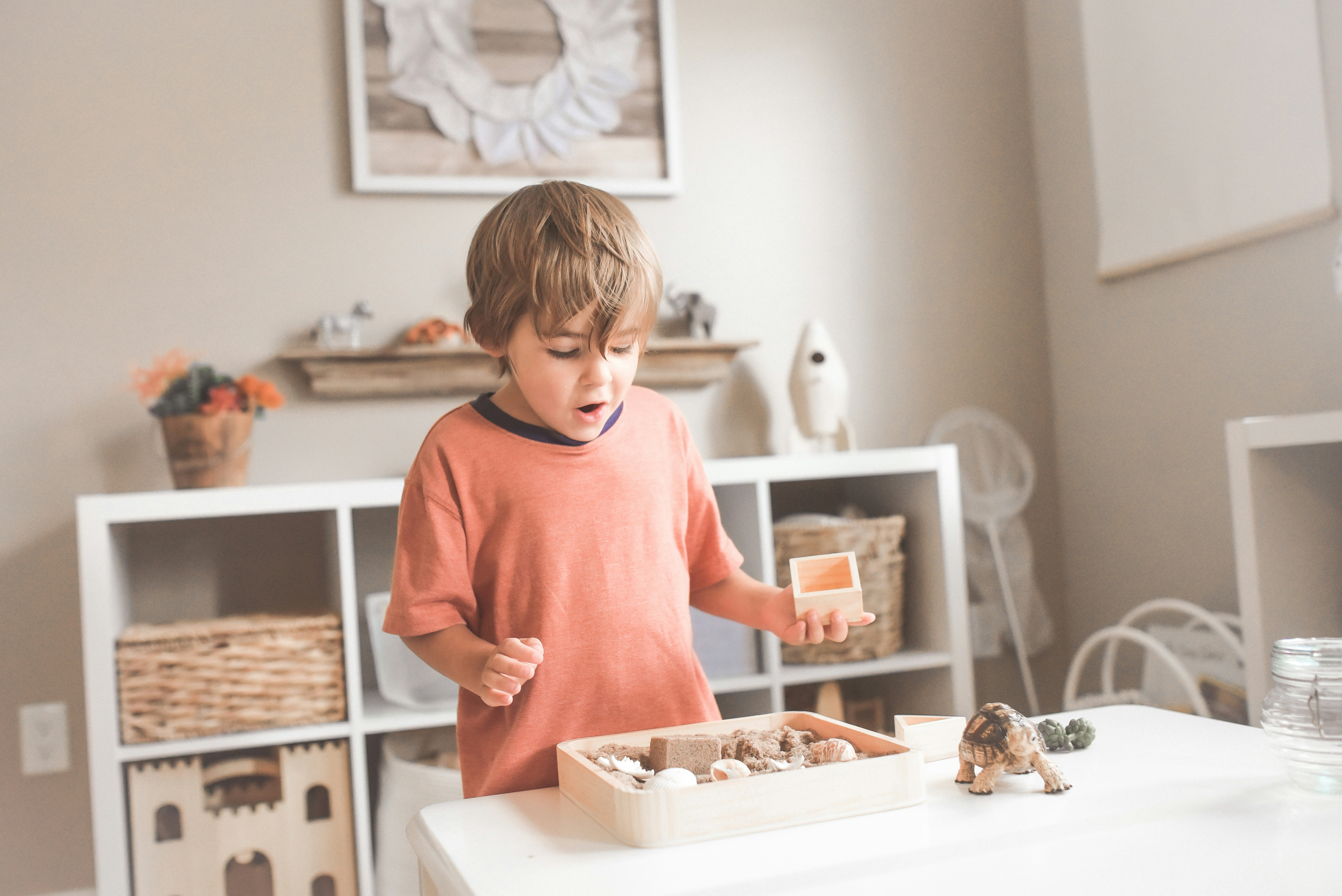Mood swings
Hormonal fluctuations during pregnancy can lead to mood swings, ranging from elation to tearfulness. These mood swings are entirely normal and are often a result of the body adjusting to surges in hormones. However, as a pregnant mum going through this, you may often feel ‘out of control’ and find it hard to keep up with this emotional rollercoaster.
Low mood or depression
For some mums, you may have periods of consistent low mood and lack of motivation. Many pregnant mums find it difficult to adjust to being pregnant. It can feel really difficult when many of the usual coping strategies that you would use to maintain your mental health, such as exercise or socialising, can be limited. Although this can be true for anyone during pregnancy, this is made worse if you are experiencing health conditions such as pregnancy sickness.
Struggling to slow down
Pregnancy is a time that most of us would benefit from slowing down from our usual fast-paced lives. However, as a society, we are not taught to listen to our needs and to take things slow. Often, it may feel like your self-worth is equated to how productive you are. This can make it feel difficult to comfortably take the time that you need during pregnancy. It can feel even harder to slow down if you are working in a fast-paced job, or if you have other children or responsibilities.
Feeling overwhelmed by responsibility
Growing another human being comes with a lot of pressure. It can feel overwhelming to navigate medical appointments, remain safety conscious for your baby, keep up with your own physical body changes and learn what foods to eat and avoid. For some, this can lead to anxiety about your health and the health of your baby. It is also common for mums to experience excessive guilt when they perceive that you may have got something wrong.
Dealing with uncertainty about the future
Pregnancy often brings about feelings of uncertainty and apprehension about the future. From concerns about childbirth to what kind of parent you are going to be, it can feel like there are a lot of unknowns about how your life is going to look. This uncertainty can lead to heightened stress, anxiety, and feelings of overwhelm.
Feeling bad about your body
Pregnancy brings about dramatic changes to a woman's body. These changes can sometimes lead to negative feelings about body image. Weight gain, stretch marks, and other physical changes may trigger insecurities about how you look and feel. Many pregnant mums get caught in a comparison trap, often negatively comparing their experience to other pregnant women.
In conclusion, whilst pregnancy can be a time of joy and excitement, it can also bring about significant changes in mental health. If you are experiencing any of these difficulties, know that you are not alone.
Throughout your pregnancy, looking after yourself will be highly beneficial. Engaging in simple self-care practices such as mindfulness, journaling your feelings, spending time in nature, and speaking with friends or family will all be fundamental to your day-to-day mental health. Many pregnant women may also benefit from professional help from a therapist to help navigate this journey to motherhood. If you are in doubt, then speak with your midwife, or GP or arrange an appointment with a therapist.
www.instagram.com/looking_after_mum
All information we provide is for educational and awareness purposes only. Any concerns should be discussed with your GP, Midwife or Healthcare Professional.
If you’re trying to conceive (TTC), you probably know that there are certain foods and nutrients that become especially important once you’re pregnant. But nutrition plays a vital role even when trying to conceive, much like laying a strong foundation before constructing a house.
Certain nutrients create that foundation by supporting egg and sperm health (yes, nutrition matters for both partners), hormone balance and creating a hospitable environment for a fertilized egg to implant. In fact, studies show that certain nutrients can help increase fertility and improve success rates for both natural conception and fertility treatments.
In other words, nutrition is a key player in the TTC journey, but getting the right nutrients in the right quantities can be tricky. That’s where supplements come in. Just as you’d take a multivitamin to fill in nutritional gaps for optimal health, fertility supplements can give you that extra nutrient boost.
Choosing supplements for your fertility journey
When choosing a supplement to support your fertility journey, look for science-backed, high-quality ingredients. Our editors are careful to select and partner with brands that use ingredients that have been clinically studied to support fertility. Eu Natural® (pronounced you) covers all those bases and more. We love knowing that Eu Natural® products contain zero artificial additives, binders, or fillers and are lab-tested to ensure purity and potency.

When choosing a supplement to support your fertility journey, look for science-backed, high-quality ingredients. Our editors are careful to select and partner with brands that use ingredients that have been clinically studied to support fertility. Eu Natural® (pronounced you) covers all those bases and more. We love knowing that Eu Natural® products contain zero artificial additives, binders, or fillers and are lab-tested to ensure purity and potency.





.jpg)

.png)
.jpg)


%20copy-min.jpeg)

